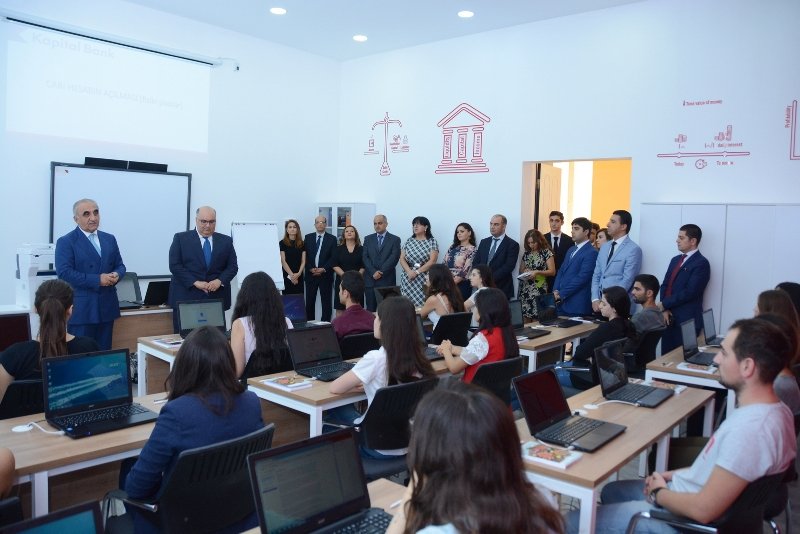BAKU, July 21 — Azerbaijan’s prestigious SABAH Groups program is facing mounting criticism after last-minute changes to its 2025/2026 admissions process left hundreds of aspiring students blindsided just days before entrance exams.
According to students and educators, the Ministry of Science and Education has limited applications this year to only incoming first-year university students and for a narrow selection of fields — notably, arts-related majors. The revised criteria exclude second- and third-year students who had spent months preparing for admission.
The abrupt policy shift triggered widespread frustration across social media, particularly within SABAH student communities. Many candidates called the move unfair and disruptive, citing wasted financial and emotional investment. “To change the rules without prior notice is not only disappointing but a direct violation of students’ rights,” one post read.
What Is SABAH?
Launched in 2014, the SABAH program — short for “Savadlı (Knowledgeable), Bacarıqlı (Skilled), Hazırlıqlı (Prepared)” — is a flagship government initiative designed to elevate the quality of higher education in Azerbaijan. It partners with select public universities to offer specialized instruction, advanced curricula, and enhanced career development opportunities for top-performing students. Graduates of SABAH groups are often fast-tracked into high-demand roles in the public and private sectors.
Experts Call for Transparency
Education expert Kamran Asadov criticized the Ministry’s handling of the policy shift, calling it “a blow to the core principles of higher education.” In comments to local media, he emphasized that many students had spent months — and, in some cases, significant financial resources — preparing for a process that was suddenly redefined without warning.
“To make such a decision without clear explanation undermines trust in the system,” Asadov said. “Many of these students are among the most competitive in the country, and SABAH is one of the few programs with proven results in preparing graduates for the labor market.”
Asadov also noted that faculty members working within SABAH groups have voiced concern, warning that the decision could damage both the credibility of the program and its recruitment pipeline.
Ministry Promises Clarification
In response to a media inquiry from Khazar Khabar, the Ministry of Science and Education acknowledged the growing backlash and promised to release further details on the changes. No timeline has been given for when that information will be made public.
For now, aspiring students and instructors alike are left in uncertainty — a troubling development for a program that was once seen as a model for modernizing Azerbaijan’s higher education system.


